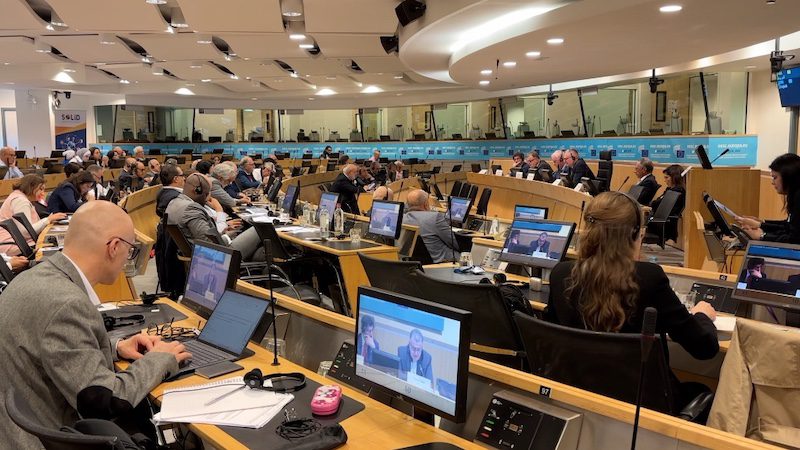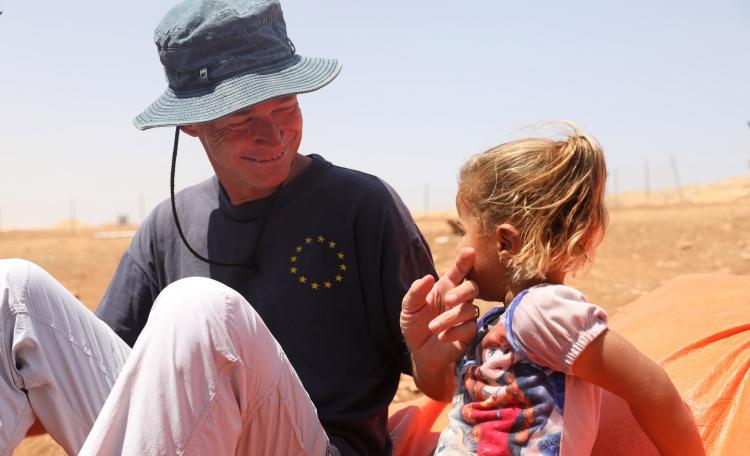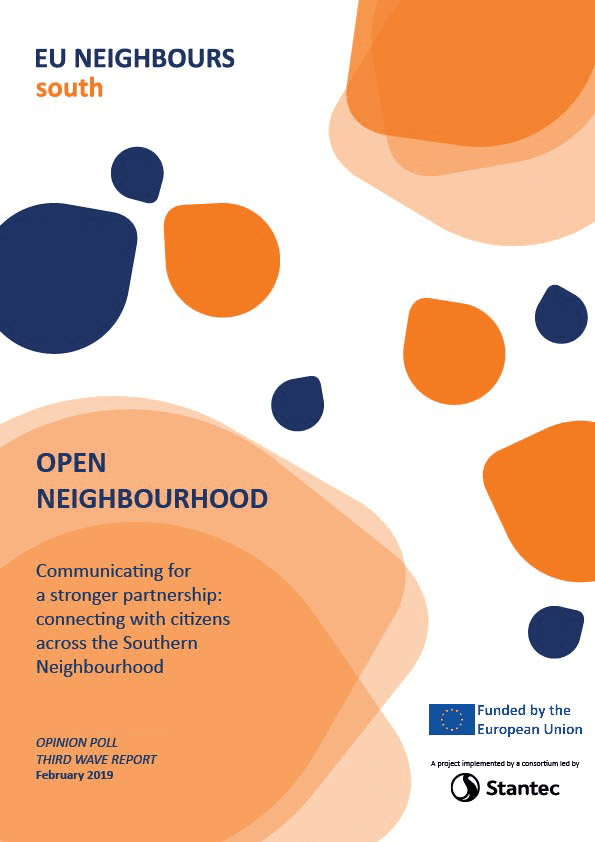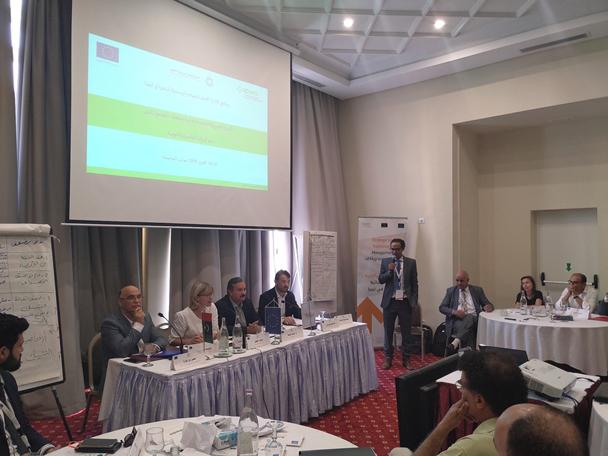SOLID, South Med Social Dialogue: 100 strong recommendations for developing social dialogue in Mediterranean countries

All the partners of the SOLID project met on 12 July in Brussels at the offices of the European
Economic and Social Committee (EESC) to take stock of this European Commission funded
project. 100 recommendations were presented for successful social dialogue between trade
unions, employers and employees but also with civil society in all the countries of the
Mediterranean.
Around the SOLID – South Med Social Dialogue – project, the social partners and civil society
organisations from southern Mediterranean countries (Morocco, Algeria, Tunisia, Jordan,
Palestine and Lebanon), consider that social dialogue is an effective mechanism for
achieving development, establishing peace and promoting social security.
In order to overcome the various crises, and because it is important to conduct social dialogue
in order to introduce reforms to strengthen the resilience of the economies of countries in
the south of the Mediterranean to shocks, an economic transition to the fourth industrial
revolution must be brought about. This can be achieved by increasing the pace of the digital
transformation, fostering learning societies and promoting the exchange of knowledge to
stimulate innovation and creativity, and, in short, to foster development.
Social cohesion is a fundamental indicator of national and regional stability, and social dialogue
is an essential tool for resolving social problems. Dialogue with civil society is important for
strengthening the role of the State in its relations with society in a democratic climate and for
ensuring political stability.
The SOLID project is the result of long-term support from the European Union to
strengthen social dialogue in the southern Mediterranean countries, by strengthening
works councils and progressively opening dialogue with civil society organisations.
Phase 1 of the SOLID pilot project, implemented in three countries (Jordan, Morocco and
Tunisia) integrated civil society organisations as full partners in the project alongside
employers’ associations and trade union confederations and allowed 12 of the Millennium
Development Goals to be achieved in the region.




























 Syria
Syria 





